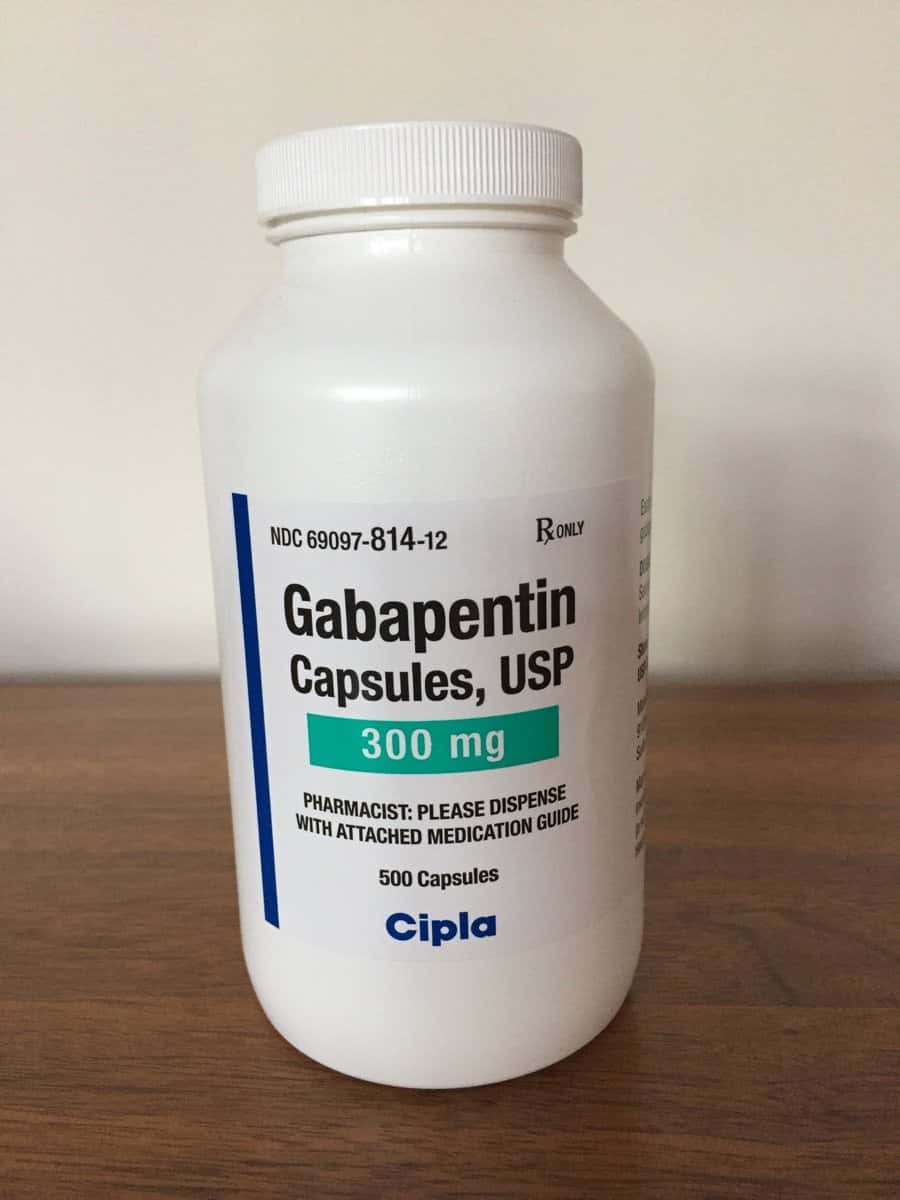
The opioid epidemic has doctors looking for alternative treatments to ease pain. Many have turned to a category of medications called gabapentinoids.
What Are Gabapentinoids?
This category includes the anti-seizure drug gabapentin (Neurontin) as well as pregabalin (Lyrica). Both drugs are prescribed for nerve pain. Pregabalin is also prescribed for pain due to fibromyalgia, while gabapentin is sometimes prescribed to reduce epileptic seizures.
How Many People Take Gabapentinoids?
From 2002 through 2015, use of these two medications more than tripled (Johansen, JAMA Internal Medicine, online Jan. 2, 2018). The people most likely to be taking gabapentin or pregabalin tended to be older individuals with multiple health problems.
The researcher reported the dramatic increase in gabapentinoids in JAMA Internal Medicine. He notes that there isn’t much long-term safety data for these medications. The potential for overdose and the high rates of off-label prescribing are also worrisome. He advises his medical colleagues to use these drugs cautiously “given the lack of proven long-term efficacy and the known and unknown risks of gabapentinoid use.”
This is not the first red flag to be raised in the medical literature. A notice was published in The New England Journal of Medicine (Aug. 3, 2017) titled “Gabapentin and Pregabalin for Pain–Is Increased Prescribing a Problem?”
In it, the authors, Drs. Goodman and Brett, write:
“We believe, however, that gabapentinoids are being prescribed excessively — partly in response to the opioid epidemic…Patients who are in pain deserve empathy, understanding, time, and attention. We believe some of them may benefit from a therapeutic trial of gabapentin or pregabalin for off-label indications, and we support robust efforts to limit opioid prescribing. Nevertheless, clinicians shouldn’t assume that gabapentinoids are an effective approach for most pain syndromes or a routinely appropriate substitute for opioids. Although gabapentinoids offer an alternative that is potentially safer than opioids (and presumably more effective in selected patients), additional research is needed to more clearly define their role in pain management.”
Side Effects of Gabapentinoids:
We have heard from some readers who reported that gabapentin made them suicidal. That is unusual, but side effects such as dizziness, fatigue, balance problems, drowsiness, cognitive difficulties and visual problems are not uncommon.
Pregabalin can cause adverse reactions such as sleep disorders like sleepwalking. It too may trigger dizziness, drowsiness, fatigue, visual difficulties and cognitive complaints. Doctors should warn patients about pregabalin withdrawal problems. The drug should never be stopped suddenly.

